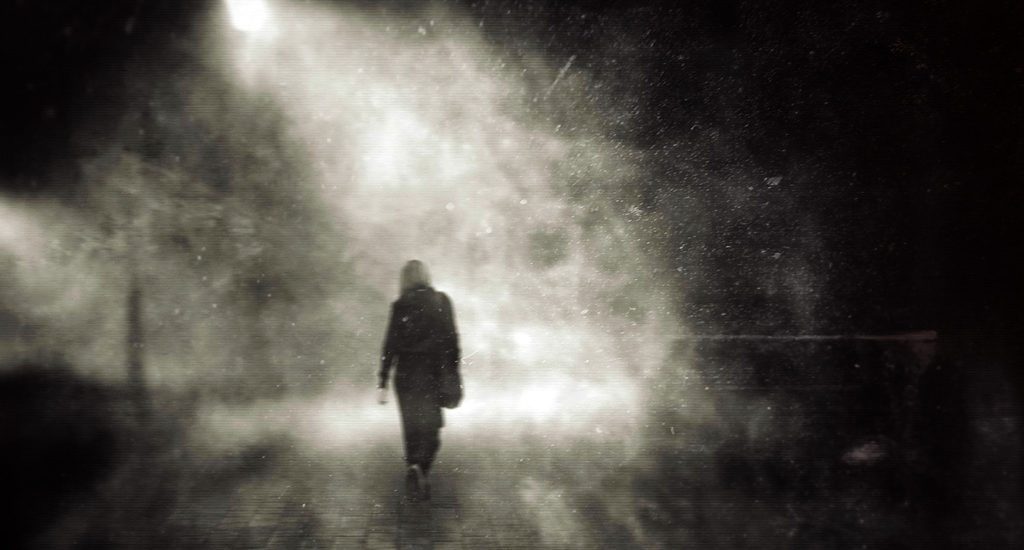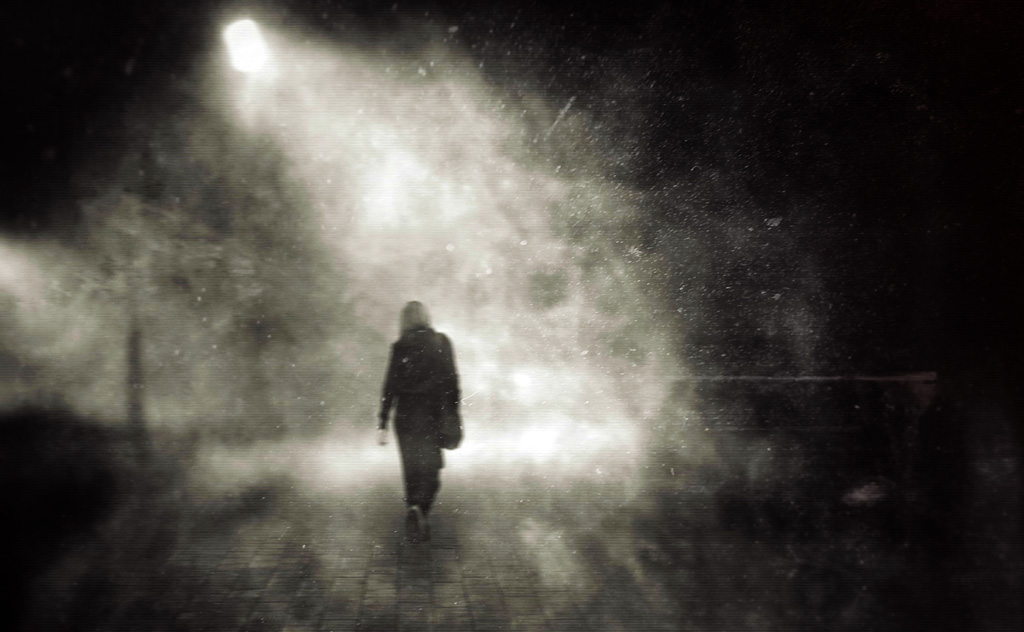The following post was originally published in January 2017 by the Society of Authors on its website and in its journal, The Author.
Season 3 of BBC 2’s controversial drama The Fall may have concluded last October, but the debate it has catalysed among programme makers, reviewers and audiences shows no sign of abating. Elizabeth-Anne Wheal offers a crimewriter’s perspective on sexual violence on our screens.
I’ve been writing television crime drama for more than 25 years, and for a lot of that time I’ve been immersed in murder stories, researching and imagining the kinds of human motives – fear, greed, envy, revenge, ignorance, hatred, exclusion – that fuel our transgressions of society’s most strictly held norms. I’ve mostly avoided telling stories about sexual violence and its victims over my career, however, because I’ve always been more interested in writing about empowered women characters. But as I sat down to write this article, it occurred to me that as a consumer of fiction, whether in print or on screen, the trope of vulnerable women in physical and sexual jeopardy is everywhere – seamed through fiction, like titillating mood music.
If I survey the content of my own reading and viewing life, the results are alarming. The historical fiction I devoured as a young child was littered with distressed and dishonoured damsels. Victorian novels introduced me to institutional as well as domestic abuse of women of every age and type. Bond girls rarely avoided injury or abuse at the hands of 007’s dastardly adversaries. War dramas were littered with scenes of women being sexually assaulted, mostly in background bit-parts to the main action; and in the westerns, whether on TV or the big screen, the heroes were the ones who even noticed the screams of an out-of-shot squaw being gang-raped somewhere in the back of the bad guys’ canyon encampment.
Books have been written on why this is so, but the obvious reason is that, in the real world, sexual violence towards men, women and children has been epidemic in almost all cultures across most of recorded time. During my lifetime, public and private attitudes towards women have transformed, at least in the first world. Audience appetite for sexual violence on screen, however (and this includes men and women), appears to be undiminished. So is it any longer acceptable to use extreme sexual violence against women as television entertainment?
That’s the question being asked of the makers of The Fall by its critics, many of whom indict all UK television commissioners for saturating our popular drama plot lines with sexual violence and rape stories (try googling rape + Downton Abbey, Happy Valley, Shetland and Poldark, as well as Game of Thrones, The Bridge or The Fall). The Fall’s writer and director, Alan Cubitt, has had to defend himself against stronger charges – that the work is pornographic and misogynistic – although he (and many of the show’s fans) argue the contrary: that the series takes an unequivocally feminist stance and maintains a ‘discourse on patriarchy and male sexual violence’.
For me, it’s not what stories we tell, but how. Cubitt’s tale was well filmed, scripted and acted. It was original and hugely suspenseful, and I’d like to give him the benefit of the doubt here – but I can’t. The writer’s extreme fascination with his killer is fatal to his intentions. In trying to get intimate with Paul Spector, his sadistic psychopath, Cubitt essentially hands him control of the camera, and of the narrative itself. In my view, this reduces all the female characters, from boss cop Gillian Anderson on down, to objects, naked targets. As you watch them moving around their stories, you’re barely seeing or hearing them as people, because you’re looking at them through the lens of Spector’s bloody project. And he is a predator: what he’s watching is prey, or obstacles to getting at it.
The majority of stories I’ve written aired post-watershed, but my first regular commissions were for The Bill, whose stock-in-trade back then was what the executive producer (nickname the Admiral) called ‘small change stories’ – that is, no murder, kidnap or conspiracy and very little serious violence. And there was one further exception: although the Admiral was happy to deal with mental ill health, he really didn’t like the seriously, criminally insane. The Admiral reasoned that the mind of such a character was a locked cell housing an incomprehensible narrative – hence there could be no grey areas or complex textures to the crime, no room for writers or audiences to weigh issues, or relate to the characters in the piece, whether victim or perpetrator. And I got his point. In the case of Paul Spector, it’s not only that we cannot empathise with someone who likes to spend hours strangling women slowly. It’s that Spector’s motives are buried in a terrifying and finally unreachable psychopathology. As a result, his victims also become unreadable – powerless, objectified, mute vessels for his abuse.
I’m not saying here that we should never tell stories about criminal psychopaths or rapists, or that we should censor sexual violence from our screens. That way real darkness lies. But in choosing to use this stuff as a subject for drama there are questions that programme makers must ask themselves: is the depiction of sexual violence fully justified by its dramatic context? Should there be limits on how explicit or sustained it can be? What are the impacts of watching sexual violence on audiences? Are we genuinely entertaining with these stories, or exploiting?
I may not agree with Cubitt’s interpretation of the message of The Fall, but I don’t doubt his integrity or intent. The problem is, I think, bigger than the writer. Sexual violence sells. And like some murderers, commissioners are driven by a ruthless requirement for revenue. More specifically, they need ratings success, which means attracting bums onto seats and keeping them there for at least two minutes or risk losing them to increasingly multifarious competitors. This isn’t new. Way back in the 90s, executive producers started responding to ratings pressure with ‘firework drama’ – setting off a bomb (literally or metaphorically) right at the front of the episode. It’s arguable therefore, that the appetite that’s really being fed by sexual violence on TV is the commissioners’ insatiable hunger for ratings dominance and export sales. But so far in this debate, the commissioners aren’t talking much. I challenge them to change that – and soon.


